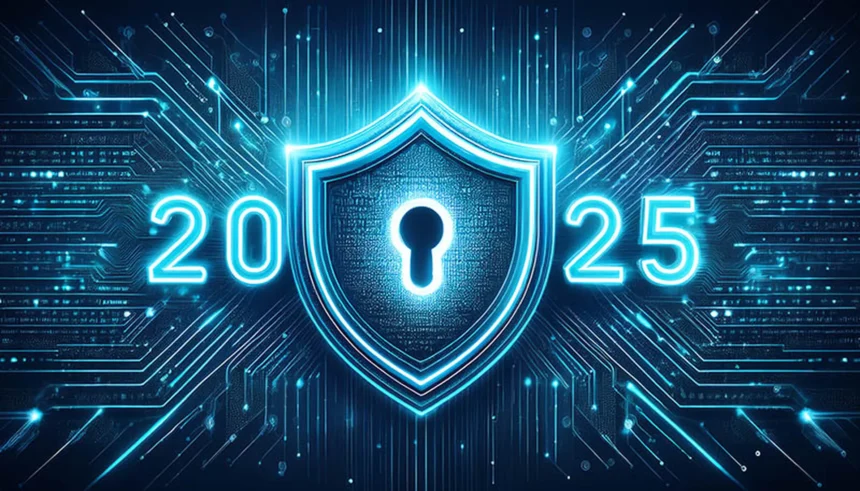Introduction
As cyber threats grow increasingly sophisticated in 2025, AI cybersecurity is emerging as a game-changer. Artificial intelligence enhances digital defenses by automating threat detection, predicting attacks, and accelerating incident response. This blog explores how AI is revolutionizing cybersecurity in 2025 and why businesses and individuals must embrace these technologies to stay secure.
The Rising Importance of AI in Cybersecurity
The cybersecurity landscape in 2025 is marked by complex threats such as ransomware, zero-day exploits, and advanced persistent threats (APTs). Traditional security tools often fall short in addressing these challenges efficiently. Enter AI-powered cybersecurity solutions, which leverage machine learning algorithms and behavioral analytics to identify and neutralize threats faster and more accurately than ever before.
Top AI-Driven Cybersecurity Innovations in 2025
- Automated Threat Detection: AI systems analyze vast datasets in real-time to identify anomalies that could signal cyberattacks. Leading firms like CrowdStrike and Darktrace have pioneered AI-driven threat intelligence platforms.
- Predictive Analytics: By learning from historical attack patterns, AI predicts potential vulnerabilities and attack vectors, enabling proactive defenses.
- Behavioral Biometrics: AI continuously monitors user behavior to detect suspicious activity, helping to prevent insider threats and account takeovers.
- Automated Incident Response: AI-enabled systems can instantly initiate response protocols to contain and remediate attacks, reducing damage and downtime.
Benefits of AI in Cybersecurity
- Enhanced Accuracy: AI minimizes false positives by distinguishing between normal and malicious behavior.
- 24/7 Monitoring: AI systems operate continuously, analyzing network traffic and endpoints around the clock.
- Faster Response Time: Automated detection and remediation significantly reduce the window of exposure.
- Cost Efficiency: Automating routine security tasks allows cybersecurity teams to focus on complex threats and strategic planning.
Challenges and Ethical Concerns
While AI brings tremendous benefits, it also presents challenges such as privacy issues, potential bias in algorithms, and the threat of adversarial AI attacks where hackers attempt to deceive AI systems. Organizations must implement strong governance and continuously audit AI models to mitigate these risks.
The Future of AI in Cybersecurity
Looking ahead, AI’s role in cybersecurity is set to expand with advances in quantum computing and AI-driven threat hunting. Companies investing in AI cybersecurity solutions are better positioned to defend against evolving cyber threats in 2025 and beyond.
Conclusion
AI is revolutionizing cybersecurity in 2025 by delivering faster, smarter, and more efficient defense mechanisms. Embracing AI-driven security solutions is critical for organizations aiming to protect sensitive data and maintain trust in an increasingly digital world.
Stay informed and proactive by adopting AI-based cybersecurity strategies today.
Further Reading & Resources
Learn more about cybersecurity frameworks and AI’s impact from authoritative sources like the NIST Cybersecurity Framework and industry insights from Gartner AI Research.


